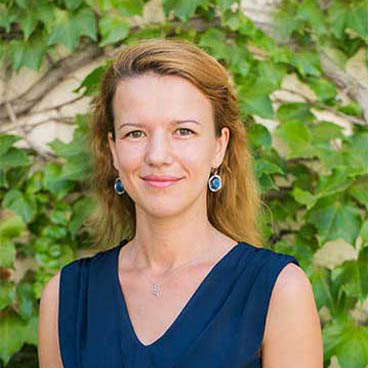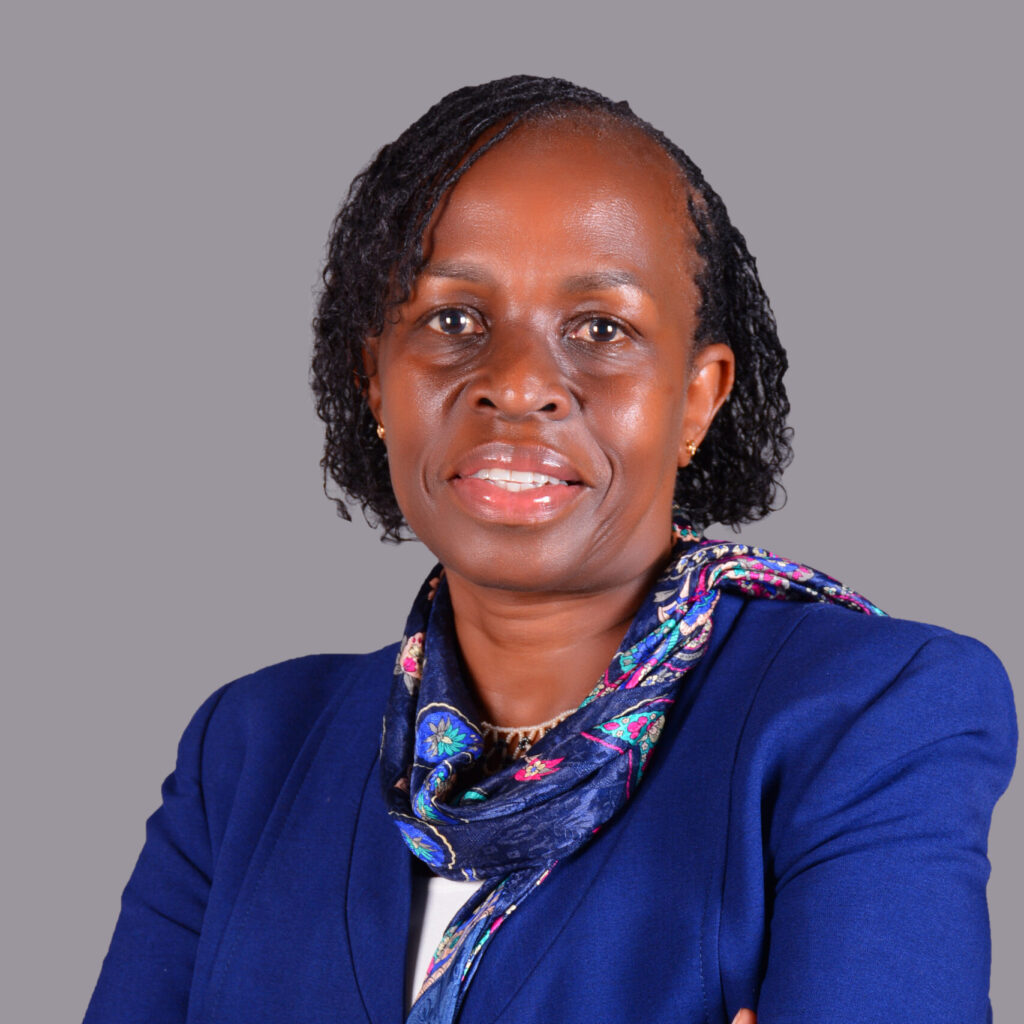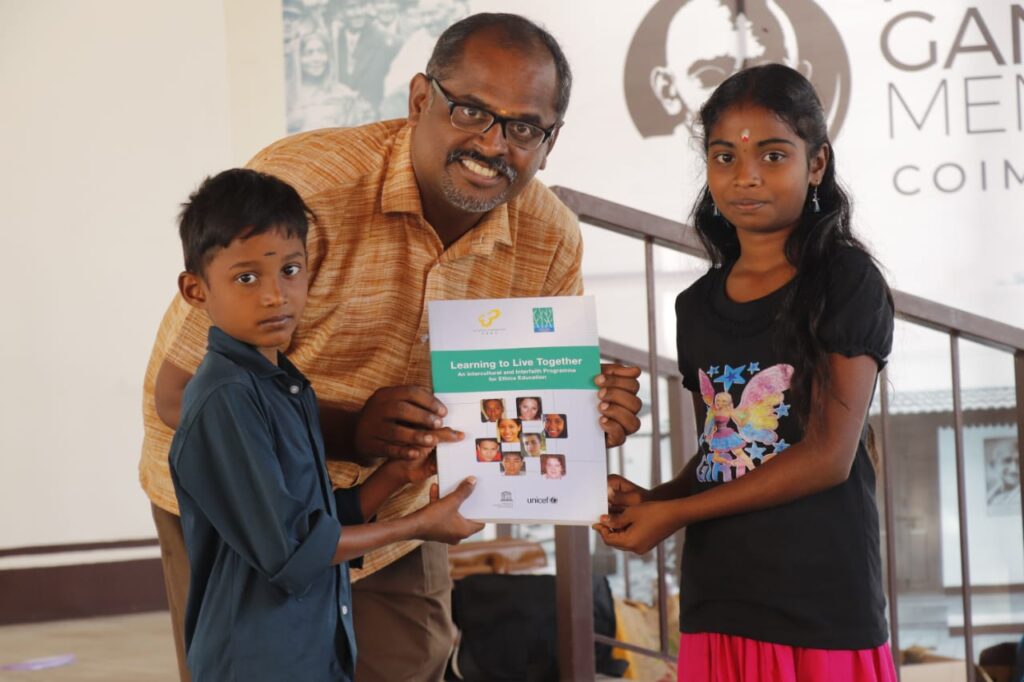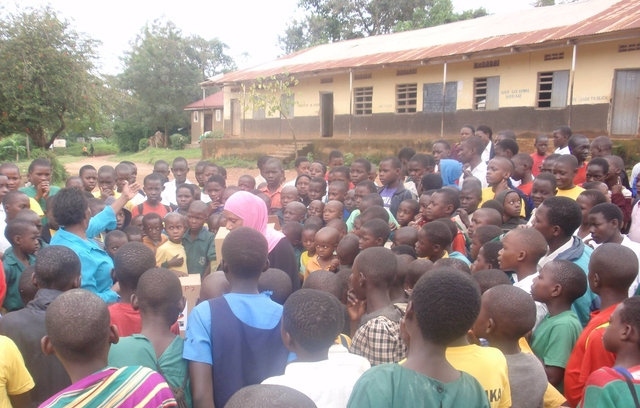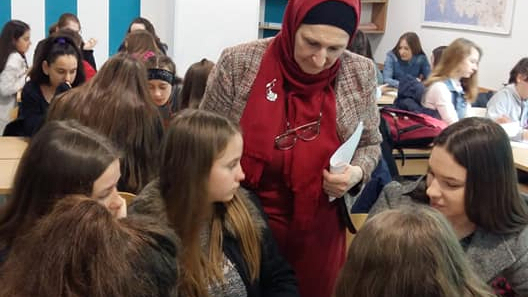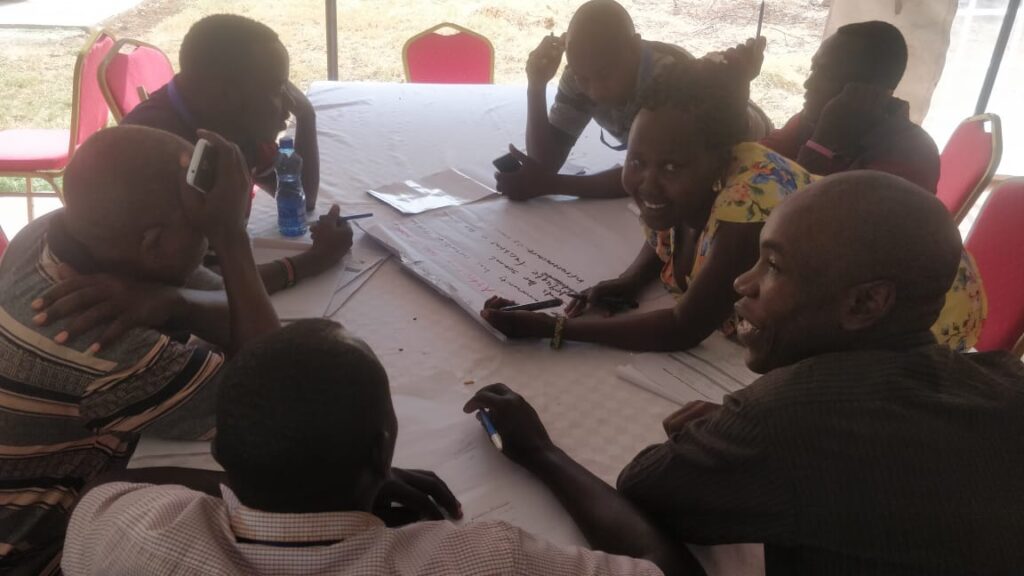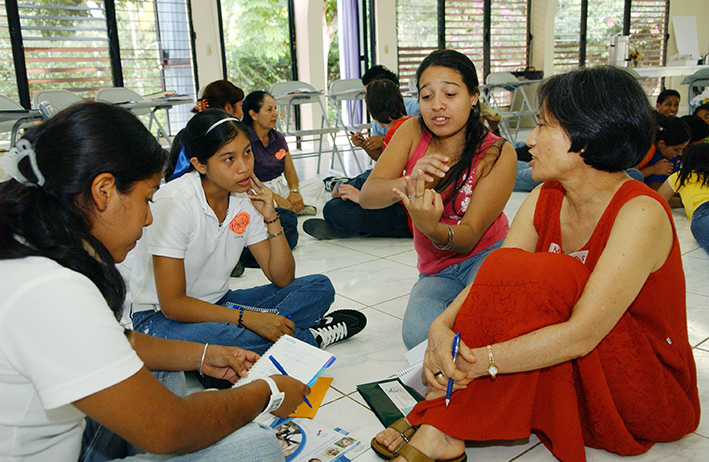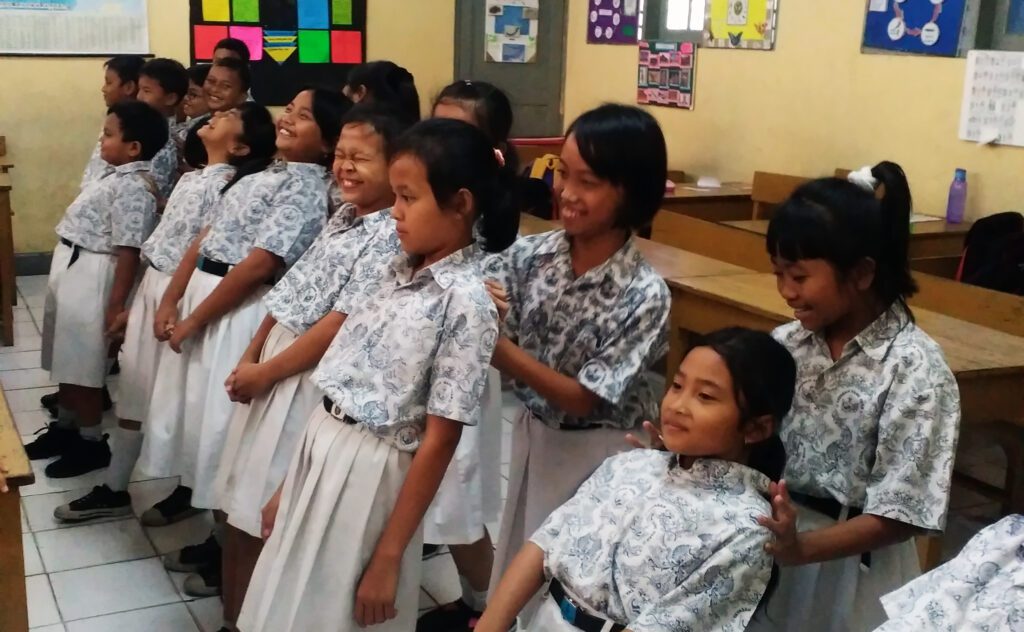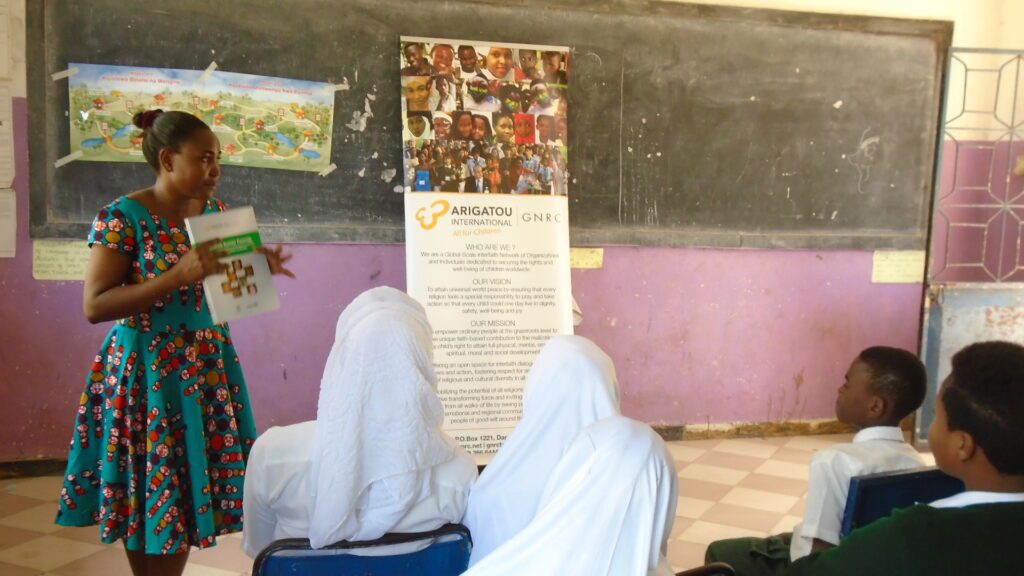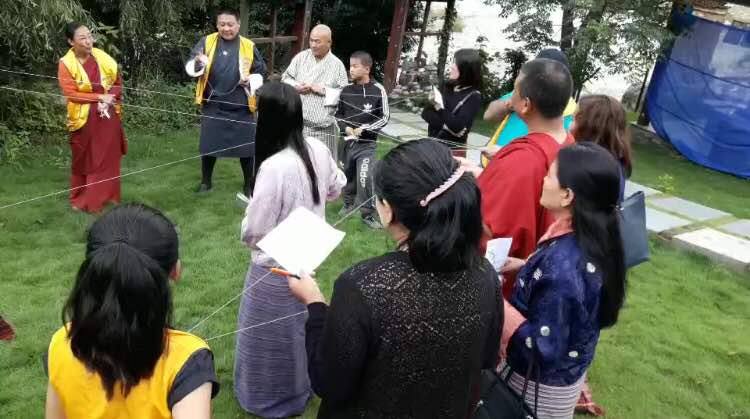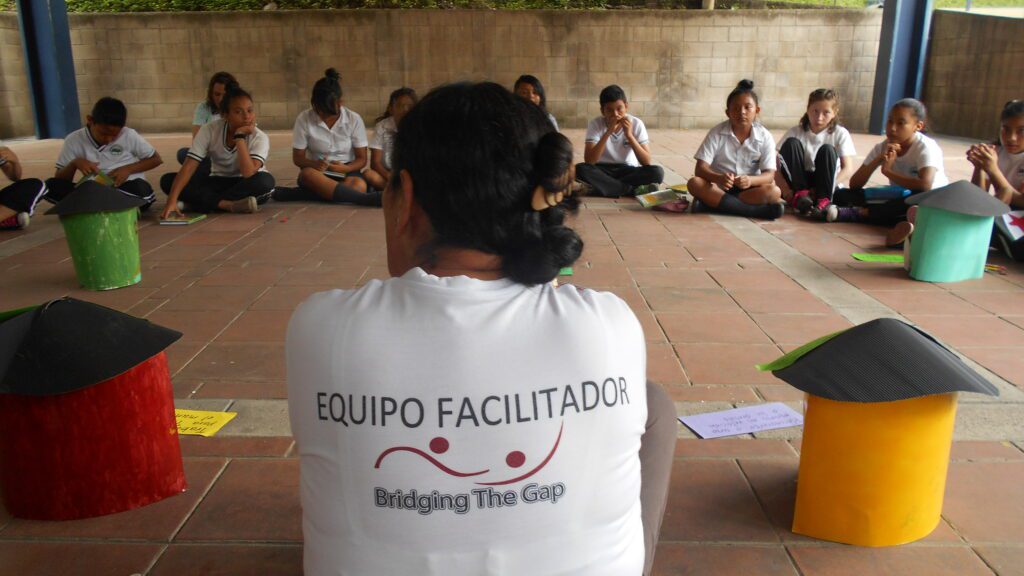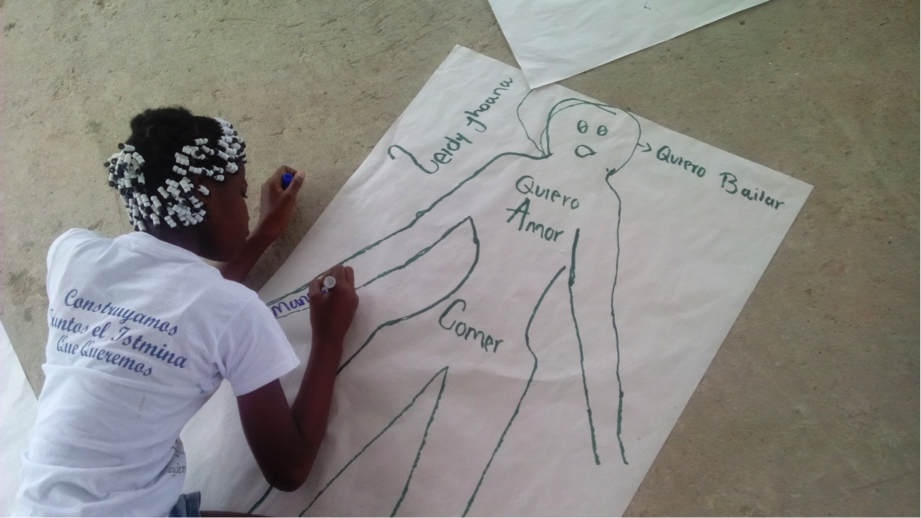Ms. Mercedes Román has been a key driving force in the implementation and dissemination of the Learning to Live Together Programme in Latin America and the Caribbean (LAC) since before it’s conception. She was part of the first group of experts, gathered by Arigatou International in 1998, to work on the launch of the Global Network of Religions for Children (GNRC), and has been working with Arigatou International ever since.
As GNRC Coordinator for Latin America, she conducted several test workshops in the region to try out what was then known as the Ethics Education Toolkit. After the launch of Learning to Live Together, she has conducted countless Facilitator Training Workshops in the region, as well as Europe.
Ms. Román has dedicated her life-work to serve the most vulnerable in our society, and to promote the rights of the child, to contribute to their full and sound development. Nowadays, she is the Senior Advisor for the GNRC in LAC and is also part of the group of experts working in the adaptation of the Learning to Live Together Programme to middle childhood years.
In this interview, she shares about her journey working with children and women in vulnerable situations, and how her family and religious background instilled in her a strong sense of justice, generosity and caring for the most needed members of society.
